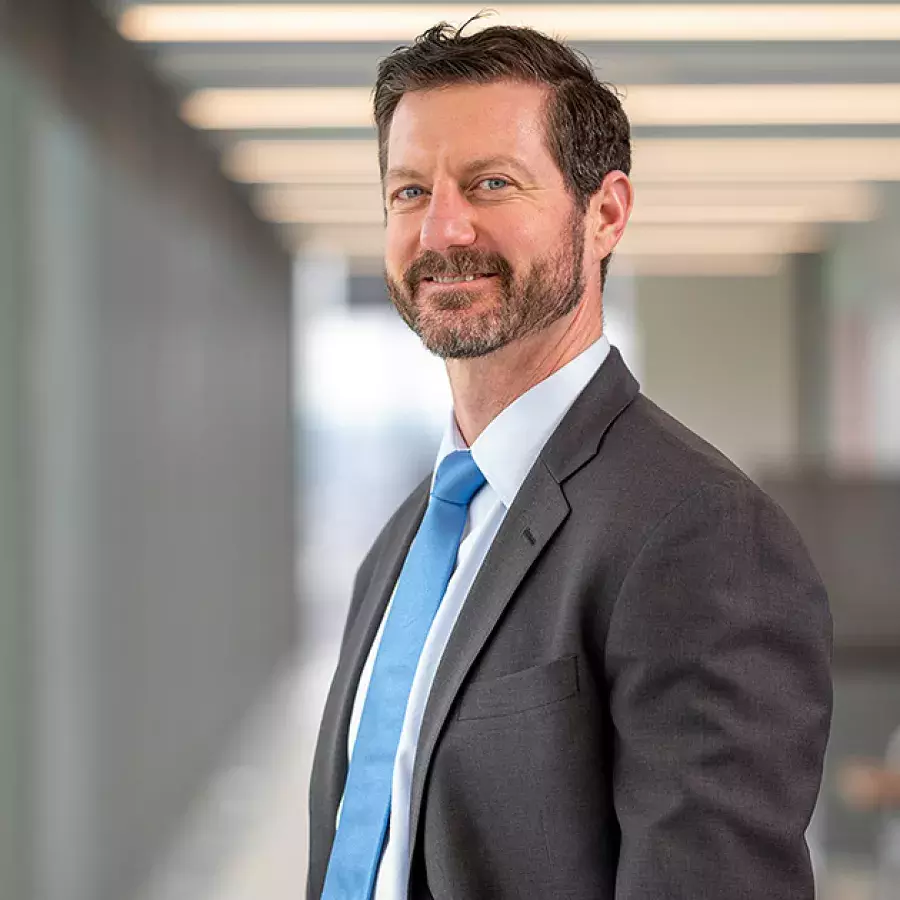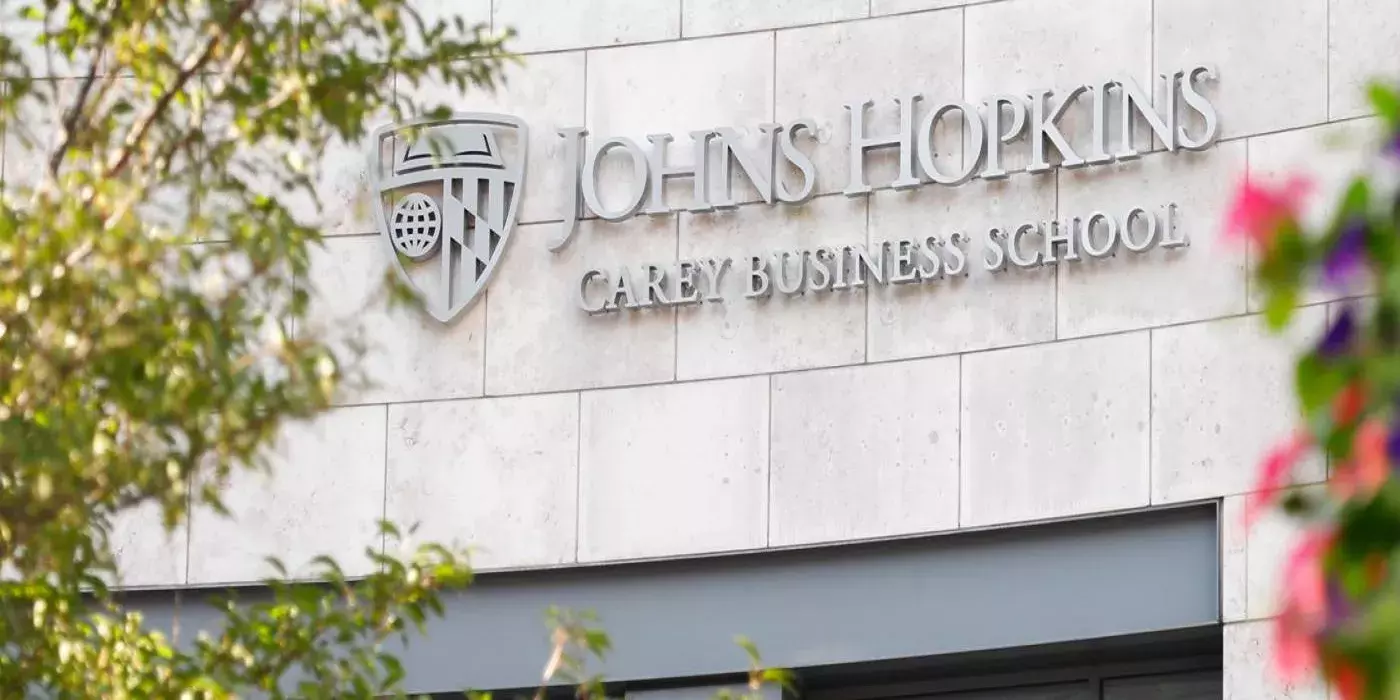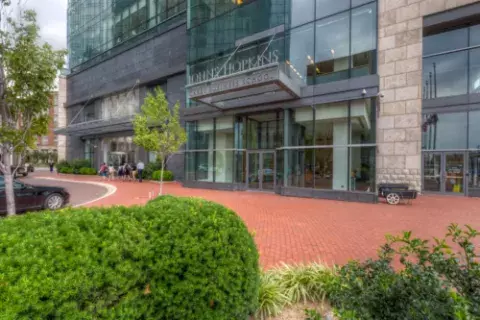Search
Showing 381 - 390 of 637
Johns Hopkins Carey Business School opens enrollment for master’s programs in new D.C. home
Innovative design meets a new, powerful location to create unlimited opportunities for D.C. area individuals who want to build their future in one of four full-time specialized master’s degree programs.
FT MS Group Coaching: In Person (HE)
Our Career Education for FTMS: Group Coaching In-person sessions are a great opportunity for FT MS students to meet 1:1 with a career coach for quick conversations without having to schedule an appointment. This is a great opportunity to see what career coaching is like and get some real-time feedback for whatever questions are on your mind regarding your career. Available 12:30-1:30 p.m. EST with Katie Pluemer on the Harbor East campus (2nd Floor, Pod #5) every Tuesday starting January 24 and ending on May 2, 2023 in the Spring Semester. The only exception is, no FT MS Group Coaching during
HCA Healthcare Info Session
HCA Healthcare is one of America's leading healthcare services provider. HCA Executive Recruiters will be visiting Carey to share information about several positions, including: the Executive Residency Program.. The HCA Healthcare Executive Residency Program is an on-ramp to executive leadership within America's leader in patient-centered, cost-effective, expert health care. The Program will provide 20-25 exceptional MHA, MHS, MPH and MBA graduates from select universities a paid full-time position and an immersive development experience on the path toward a Chief Operating Officer (COO)
John Healey, PhD
John Healey is an Assistant Professor of Practice at the Carey Business School at Johns Hopkins University. Prior to joining Johns Hopkins University, he was an Assistant Professor in the Marketing Area at Tulane University after receiving his PhD from the University of Maryland. His research focuses on marketing strategy and evaluating the strategic effects of marketing expenditures on firm performance. His prior research has examined the effects of sponsorship on firm stock performance and sales, social media marketing’s effect on investor behavior, and the relationships between firm
Patrizia Massner, PhD
Patrizia Massner's research broadly focuses on understanding the factors contributing to differences in economic outcomes and studying measures intended to foster a more equal distribution of opportunities. A central focus of her research is analyzing how public policy is designed, drawing on insights from labor economics, public economics, and health economics. For instance, she studies how family and workplace policies affect labor supply and wages. Her methodology combines empirical analysis using administrative data with theoretical models. Education PhD, Economics, Stockholm University







